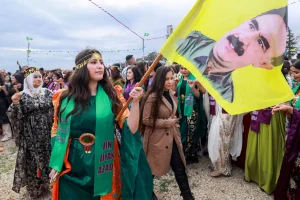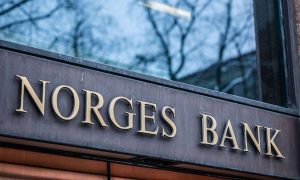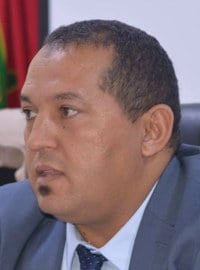Amid preparations for the 2026 legislative elections, His Majesty King Mohammed VI, in his recent Throne Speech, issued a set of high directives to the Minister of Interior, emphasizing the necessity to adopt a framework of laws governing the upcoming House of Representatives elections before the end of this year, holding them at their constitutional and legal scheduled time, and opening political consultations with various actors.
This democratic exercise will undoubtedly be a historic milestone for all territorial actors to contribute to building a new generation of elected officials who understand the transformations, or rather the national victories internally and externally. They will be responsible for managing a critical phase in the country’s history, requiring political and managerial competencies capable of accompanying major economic and social projects. This raises realistic questions such as: Do we need to improve the legal framework of the electoral process? Or do we need a political actor capable of understanding reality and responding to citizens’ needs, as well as mastering the mechanisms of producing legislative texts that preserve the dignity of the Moroccan citizen within the framework of coexistence? Or a reconciliation between the quality of the legal framework and the ethics of the political actor?
Will society maintain and encourage the same political actor in the 2026 elections? What are the characteristics of the desired political actor in the future? In other words, who is the model political actor that will accompany these “mega” economic transformations and geopolitical changes in the region? These are major questions and issues raised internationally and nationally. Therefore, party institutions must pause for real reflection and review of their internal structures and work plans in the short, medium, and long term. It is time for the political actor to renew his blood, work on building his leadership personality within society, and strengthen his communication skills, especially mastering modern communication mechanisms, negotiation, and advocacy techniques before other institutions to defend the population’s pending files, not to mention effective written communication techniques that help him raise the population’s demands, i.e., as an organic intellectual according to philosopher Gramsci.
In line with the King’s keenness for all elections to be held within a sound democratic framework, the stage requires political parties to activate internal democracy mechanisms with responsibility and seriousness, making this occasion a positive opportunity to select scientifically competent and ethically qualified elected officials, while enhancing and encouraging the participation of women and youth in political life and prioritizing the country’s public interest.
It is also necessary to think about radical changes in a set of behaviors concerning all territorial actors alike, alongside activating an electronic administration that seeks values of cooperation, flexibility, and searching for solutions in a participatory manner, away from traditional outdated methods.
Given the challenges related to consolidating the democratic choice, enhancing trust in the electoral process, and expanding the political participation base of citizens, the political actor must, according to Max Weber, possess a set of qualities to succeed in his tasks in the public political field:
Passion: meaning focusing on the population’s problems to find practical and effective solutions and addressing their issues knowledgeably, away from narrow self-interests (electoral).
Sense of responsibility: believing in responsibility and commitment to the population’s questions, i.e., commitment to the public interest.
The political actor should also have a clear roadmap that helps him perform his noble tasks under the best conditions, aiming for sustainable development based on programming and planning, not randomness and opportunism.
Generally, the political actor must be distinguished by the ability to speak the truth, leadership, pioneering spirit, and courage. Building a trust charter between him and the voters by fulfilling the promises in his electoral program and taking initiative whenever necessary to gain public opinion trust.
I believe we urgently need to build an honest and balanced value system with human interests, capable of overcoming the crisis of political ethics in Morocco and its repercussions on the economic and social fields. This stage may be an opportunity to build that system between the political actor and the citizen.
In conclusion, I will borrow a famous quote from thinker Karl Marx: “Hegelian dialectics was walking on its head, and it is time for it to walk on its feet.” The same saying applies today to the political actor: if the political actor is walking on his head, it is time for him to walk on his feet.













Recommended for you
Exhibition City Completes About 80% of Preparations for the Damascus International Fair Launch
Talib Al-Rifai Chronicles Kuwaiti Art Heritage in "Doukhi.. Tasaseem Al-Saba"
Unified Admission Applications Start Tuesday with 640 Students to be Accepted in Medicine
Egypt Post: We Have Over 10 Million Customers in Savings Accounts and Offer Daily, Monthly, and Annual Returns
Al-Jaghbeer: The Industrial Sector Leads Economic Growth
His Highness Sheikh Isa bin Salman bin Hamad Al Khalifa Receives the United States Ambassador to the Kingdom of Bahrain